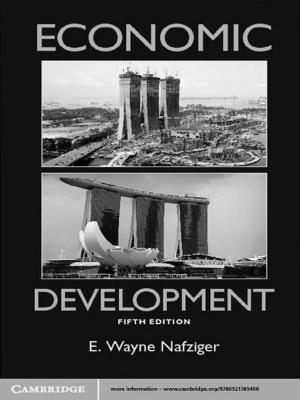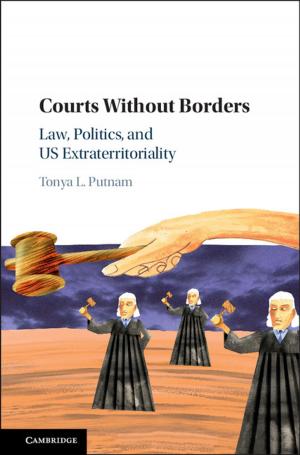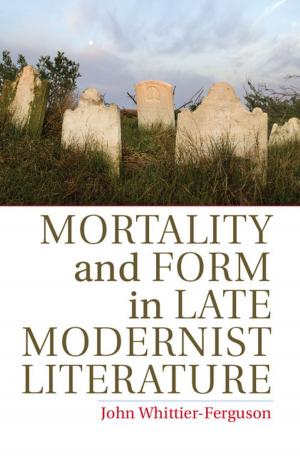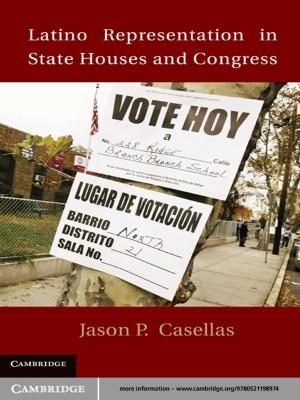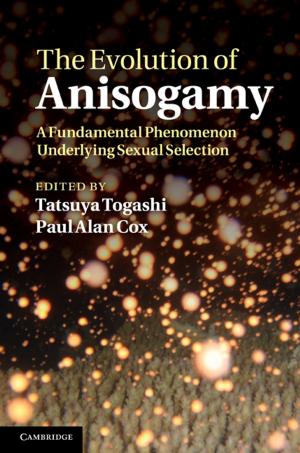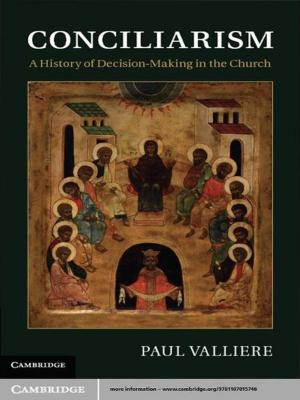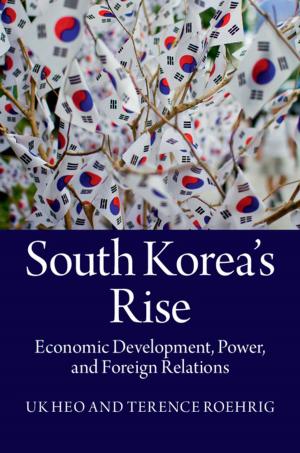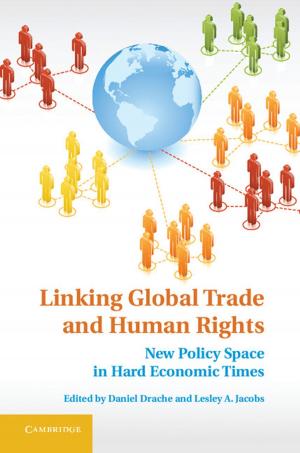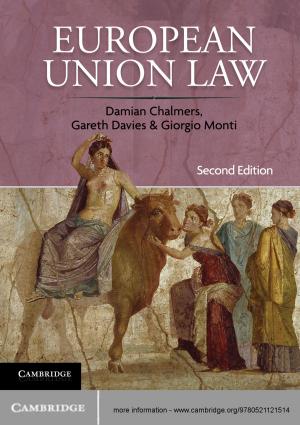Modern Pluralism
Anglo-American Debates since 1880
Nonfiction, Social & Cultural Studies, Political Science, Politics, History & Theory, Religion & Spirituality, Philosophy| Author: | ISBN: | 9781139411585 | |
| Publisher: | Cambridge University Press | Publication: | April 19, 2012 |
| Imprint: | Cambridge University Press | Language: | English |
| Author: | |
| ISBN: | 9781139411585 |
| Publisher: | Cambridge University Press |
| Publication: | April 19, 2012 |
| Imprint: | Cambridge University Press |
| Language: | English |
Pluralism is among the most vital intellectual movements of the modern era. Liberal pluralism helped reinforce and promote greater separation of political and religious spheres. Socialist pluralism promoted the political role of trade unions and the rise of corporatism. Empirical pluralism helped legitimate the role of interest groups in democratic government. Today pluralism inspires thinking about key issues such as multiculturalism and network governance. However, despite pluralism's importance, there are no histories of twentieth-century pluralist thinking. Modern Pluralism fills this gap. It explores liberal, socialist, and empirical ideas about diversity in Britain and the United States. It shows how pluralists challenged homogenous nations and sovereign states, often promoting sub-national groups as potential sites of self-government. In it, intellectual historians, political theorists, and social scientists collectively explore the historical background to present institutions and debates. The book serves to enrich our understanding of the history of pluralism and its continuing relevance.
Pluralism is among the most vital intellectual movements of the modern era. Liberal pluralism helped reinforce and promote greater separation of political and religious spheres. Socialist pluralism promoted the political role of trade unions and the rise of corporatism. Empirical pluralism helped legitimate the role of interest groups in democratic government. Today pluralism inspires thinking about key issues such as multiculturalism and network governance. However, despite pluralism's importance, there are no histories of twentieth-century pluralist thinking. Modern Pluralism fills this gap. It explores liberal, socialist, and empirical ideas about diversity in Britain and the United States. It shows how pluralists challenged homogenous nations and sovereign states, often promoting sub-national groups as potential sites of self-government. In it, intellectual historians, political theorists, and social scientists collectively explore the historical background to present institutions and debates. The book serves to enrich our understanding of the history of pluralism and its continuing relevance.

